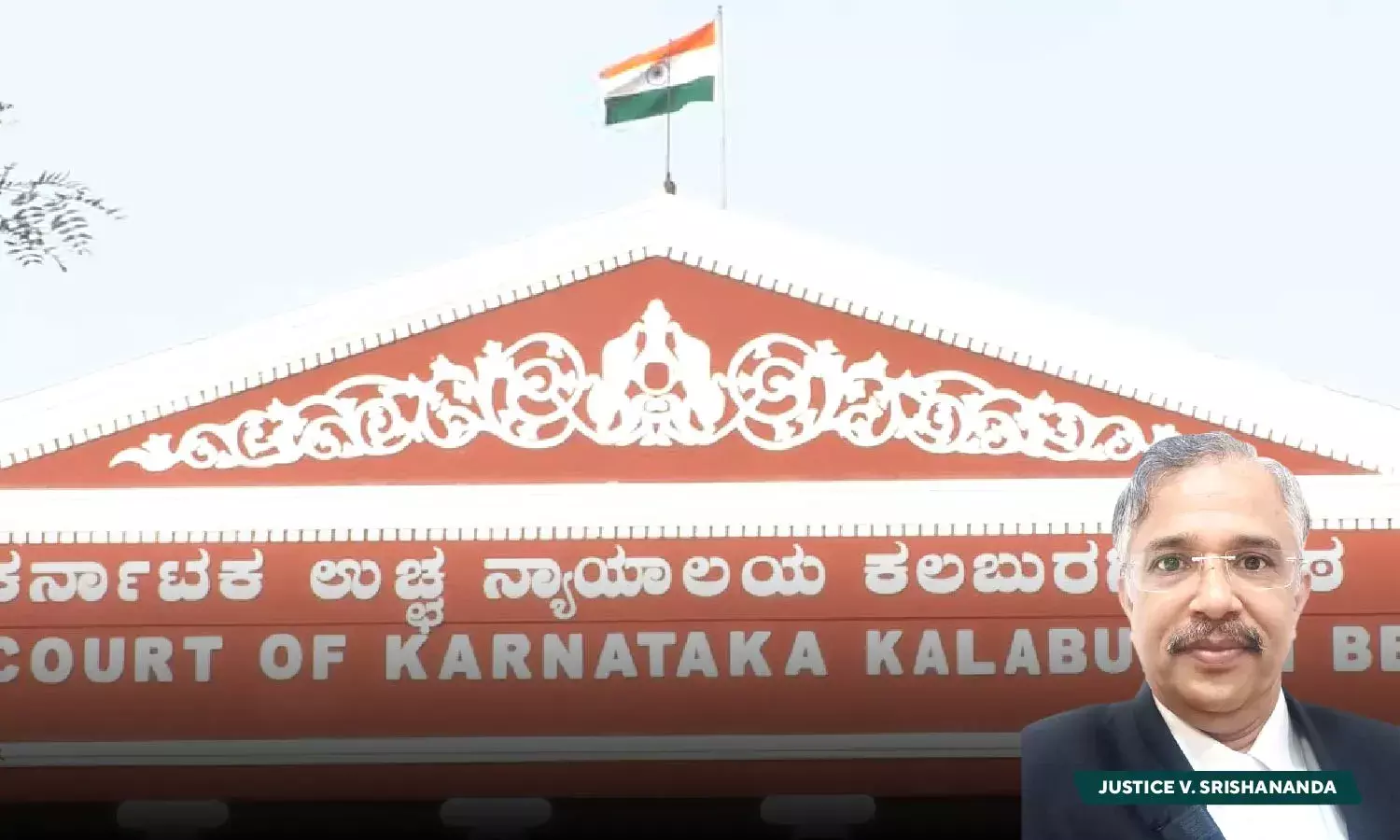Judicial Officer Presiding Over Lok Adalath Is Only A 'Conciliator'; Cannot Exercise Powers Of A 'Judge': Karnataka HC

The Karnataka High Court observed that a Judicial Officer presiding over a Lok Adalat is not entitled to discharge the job of a ‘Judge’ and his role is only that of a conciliator.
The Court said that Lok Adalat cannot entertain an application filed under Order 23 Rule 3 of the Civil Procedure Code (CPC) or any other application where judicial orders are to be passed.
The Kalaburagi Bench of the Court observed thus in a writ petition seeking issuance of writ of certiorari or order or direction for quashing or setting aside the compromise decree passed by the Taluka Legal Authority Sindagi (Lok Adalat).
A Single Bench of Justice V. Srishananda held, “Therefore, by sheer logic, it would result that the Lok – Adalath cannot entertain an application filed under Order 23 Rule 3 of CPC or for that matter, any other applications where judicial orders are required to be passed.”
Advocate S.S. Mamadapur appeared on behalf of the petitioner while Advocate Mahadev S. Patil appeared on behalf of the respondents.
Factual Background -
The petitioner being the minor defendant in a suit was represented by her grandfather. The suit purportedly ended in a compromise by filing a petition under Order 23 Rule 3 of CPC. An application was also filed by the counsel for the petitioner under Order 32 Rule 7 of CPC for permitting her grandfather seeking permission to enter into compromise.
The Lok Adalat presided over by the Civil Judge (Sr.Dn.) and JMFC (Judicial Magistrate First Class), Sindagi as conciliator No.1 and Member Secretary, Taluka Legal Serviced Committee as conciliator No.2 and another conciliator, allowed the application and compromise petition filed under Order 23 Rule 3 of CPC. It decreed the suit and the same was challenged before the court by filing the writ petition after the petitioner receiving notice in the execution petition.
The High Court in the above context of the case said, “… it is settled principles of law that the petition filed under Order 23 Rule 3 of CPC is to be accepted by the Court after entering satisfaction. Such a power is not available to the conciliators who preside over the Lok – Adalath (One of them being a Judicial Officer, but will be acting as a conciliator).”
The Court noted that since the conciliators have exercised the judicial powers while presiding over the Lok Adalat, order passed by the Lok Adalat in accepting the compromise and directing the decree of the suit needs to be set aside as it is opposed to the settled principles of law.
Accordingly, the High Court allowed the writ petition and set aside the impugned order of the Lok Adalat.
Cause Title- Pooja v. Siddanna (Neutral Citation: 2024:KHC-K:2308)
Appearance:
Petitioner: Advocate S.S. Mamadapur
Respondents: Advocates Mahadev S. Patil and Ravi B. Patil.


